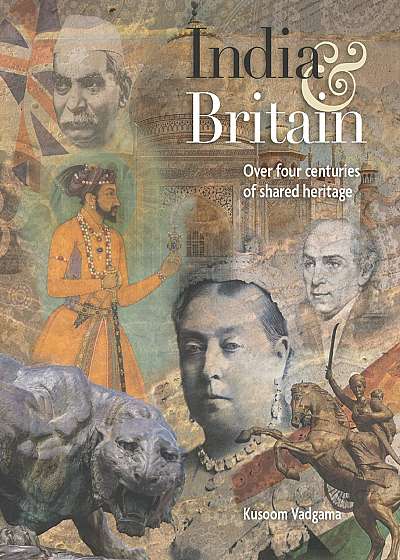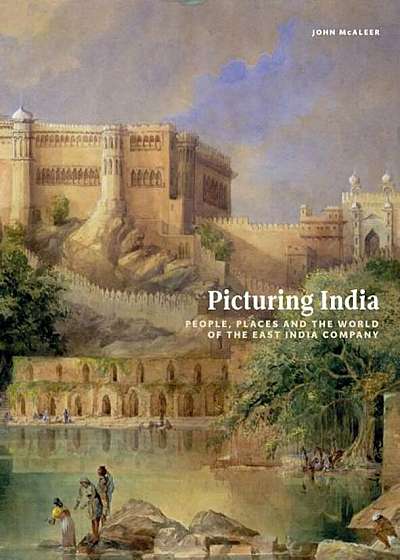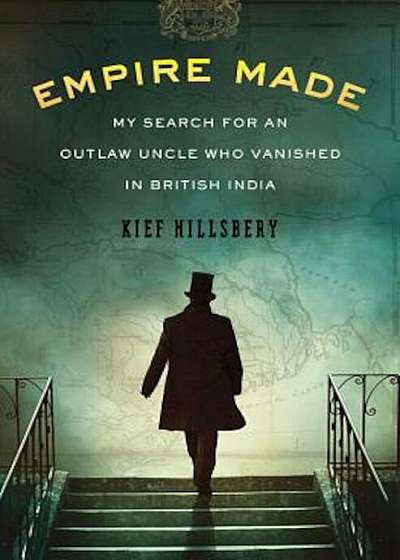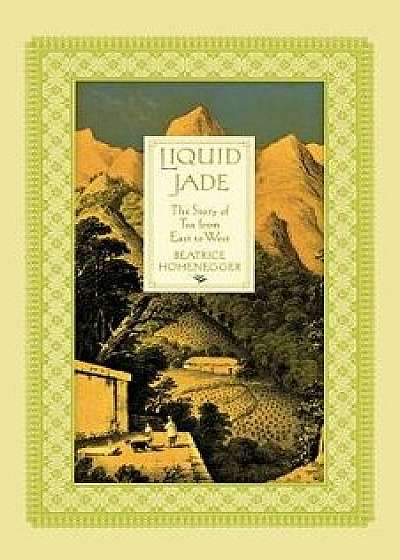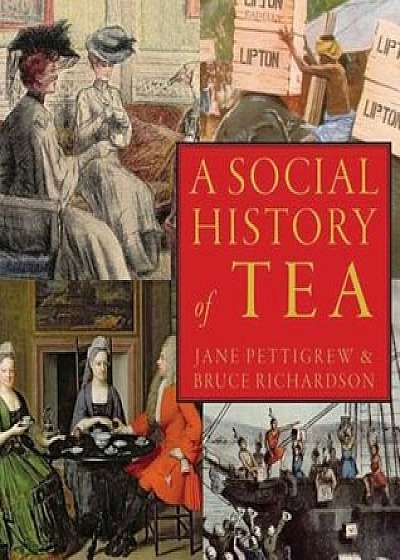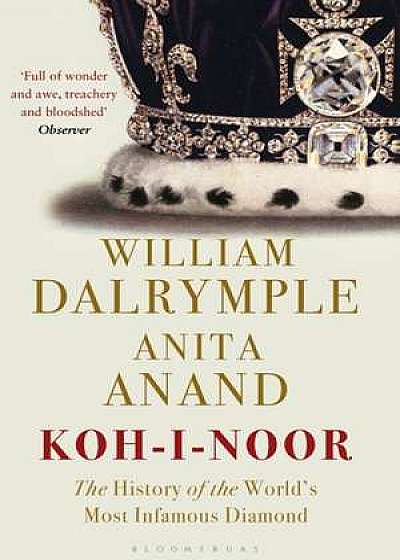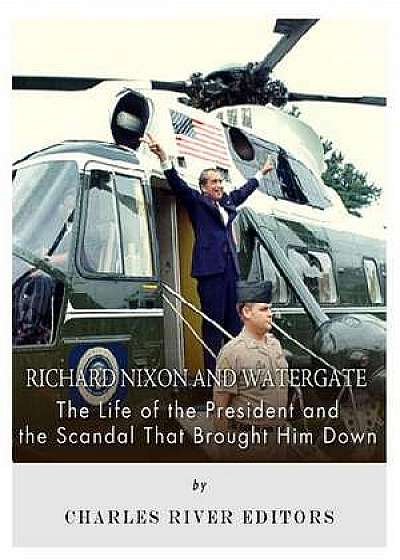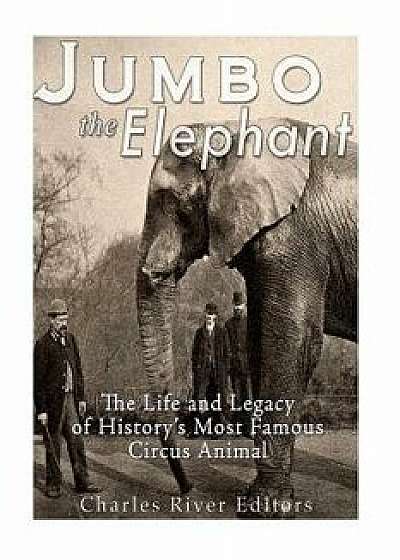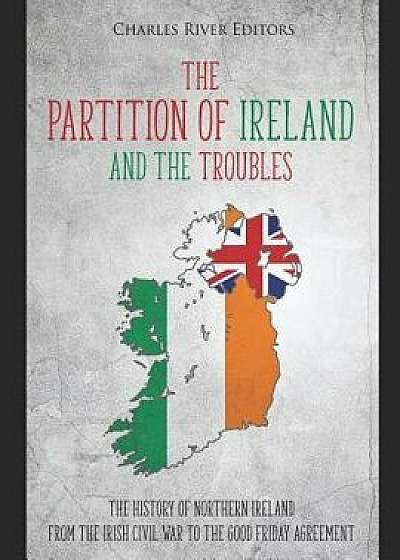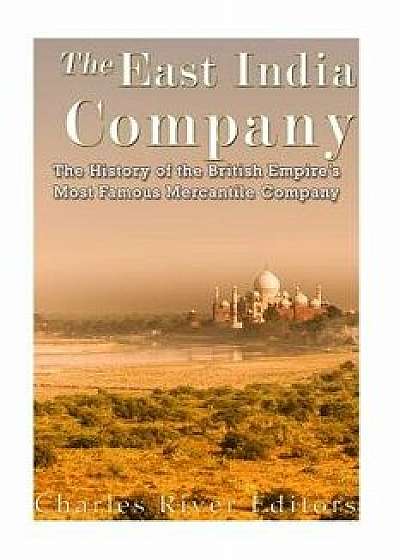
The East India Company: The History of the British Empire's Most Famous Mercantile Company, Paperback/Charles River Editors
Descriere
Includes pictures Profiles the East India Company's leaders and its actions across Asia Includes online resources and a bibliography for further reading Includes a table of contents The British East India Company served as one of the key players in the formation of the British Empire. From its origins as a trading company struggling to keep up with its superior Dutch, Portuguese, and Spanish competitors to its tenure as the ruling authority of the Indian subcontinent to its eventual hubristic downfall, the East India Company serves as a lens through which to explore the much larger economic and social forces that shaped the formation of a global British Empire. As a private company that became a non-state global power in its own right, the East India Company also serves as a cautionary tale all too relevant to the modern world's current political and economic situation. On its most basic level, the East India Company played an essential part in the development of long-distance trade between Britain and Asia. The trade in textiles, ceramics, tea, and other goods brought a huge influx of capital into the British economy. This not only fueled the Industrial Revolution, but also created a demand for luxury items amongst the middle classes. The economic growth provided by the East India Company was one factor in Britain's ascendancy from a middling regional power to the most powerful nation on the planet. The profits generated by the East India Company also created incentive for other European powers to follow its lead, which led to three centuries of competition for colonies around the world. This process went well beyond Asia to affect most of the planet, including Africa and the Middle East. Beyond its obvious influence in areas like trade and commerce, the East India Company also served as a point of cultural contact between Western Europeans, South Asians, and East Asians. Quintessentially British practices such as tea drinking were made possible by East India Compa
